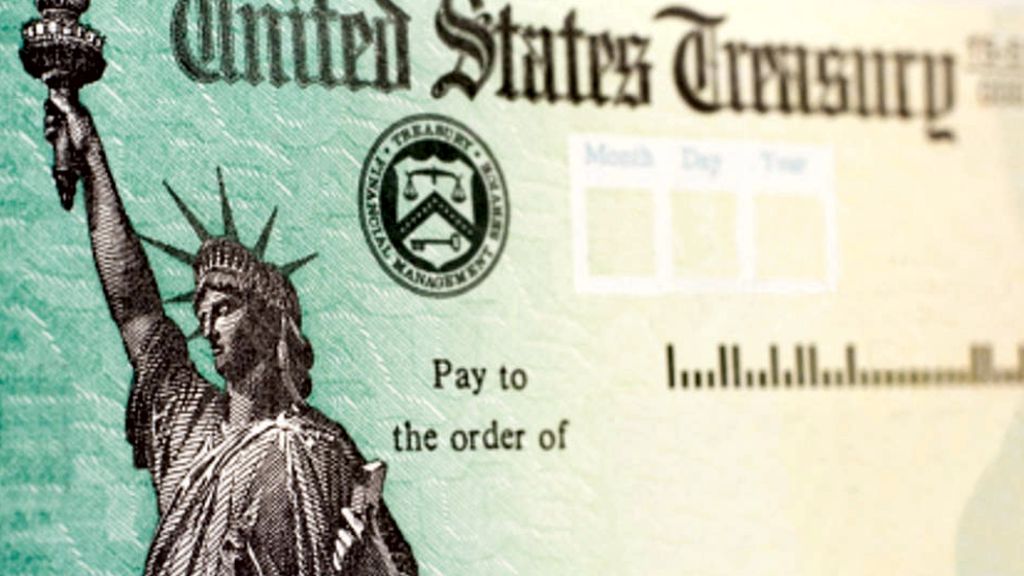There’s so much misinformation floating around right now about the stimulus checks. Here are the 5 Biggest Myths About Your Stimulus Check you need to know.
Stimulus Checks
Before you know it, a stimulus check – also known as an Economic Impact Payment – may arrive in your bank account or mailbox. It’s part of the CARES Act – the $2.2 trillion stimulus package – which is intended to help millions of Americans. Let’s bust some popular myths about your stimulus check so that you’re fully informed.
- Everyone gets a stimulus check.
Nope. Everyone will not receive a stimulus check. However, most Americans will receive a stimulus check. If the following describes you, you will automatically receive a stimulus check:
You are a U.S. citizen or permanent resident who filed federal income taxes for 2018 or 2019 if you meet the income thresholds;
You receive Social Security retirement, disability (SSDI), or survivor benefits; or
You receive Railroad Retirement benefits.
- If you qualify, you’ll get a $1,200 stimulus check.
Nope. Many taxpayers will receive a $1,200 stimulus check if their adjusted gross income is lower than these numbers:
Single Filer: $75,000
Head of Household: $112,500
Married/Joint Filer: $150,000
Married/joint filers receive $2,400 if their combined income is below $150,000. You can receive an additional $500 for each dependent you claim under age 17.
What if you make more money than this? If you qualify for a stimulus check, your stimulus check may be less than $1,200 because if you have higher adjusted gross income, the amount of your check can be lower due to the phase out. The stimulus check amount phases out (gets reduced) by $5 for every $100 of adjusted gross income above these income levels based on your tax filing status. If your adjusted gross income is more than $99,000 (or $198,000 for married/joint filers), then you are not eligible for a stimulus check.
- I have to pay taxes on my $1,200 stimulus check.
No. The good news about your stimulus check is that’s tax-free. You will not owe income taxes on your stimulus check.
- I get $500 for every dependent.
Unfortunately, no. Yes, you may provide food, clothing, shelter and more for your children, for example. However, to qualify as a dependent for your stimulus check, a child must be 16-years-old or younger. That means that many high school and college students won’t be eligible to count as a dependent for purposes of the stimulus check. A “dependent” has the same definition that’s included in the Child Tax Credit.
- I have to apply to get a stimulus check.
No. If you filed a 2018 or 2019 tax return (and meet the other requirements), you can receive a stimulus check automatically. If you receive Social Security retirement, disability (SSDI), survivor, or Railroad Retirement benefits, you will automatically receive a stimulus check. If you do not typically file an income tax return, you can can provide information to the IRS to get a stimulus check. Go to IRS.gov and select “Non-Filers: Enter Payment Info Here” to enter your information. Want your stimulus check faster? If you filed a 2018 or 2019 tax return (but didn’t provide any direct deposit information), the IRS is releasing a new online portal this week to provide your banking information
By Zack Friedman Senior Contributor







